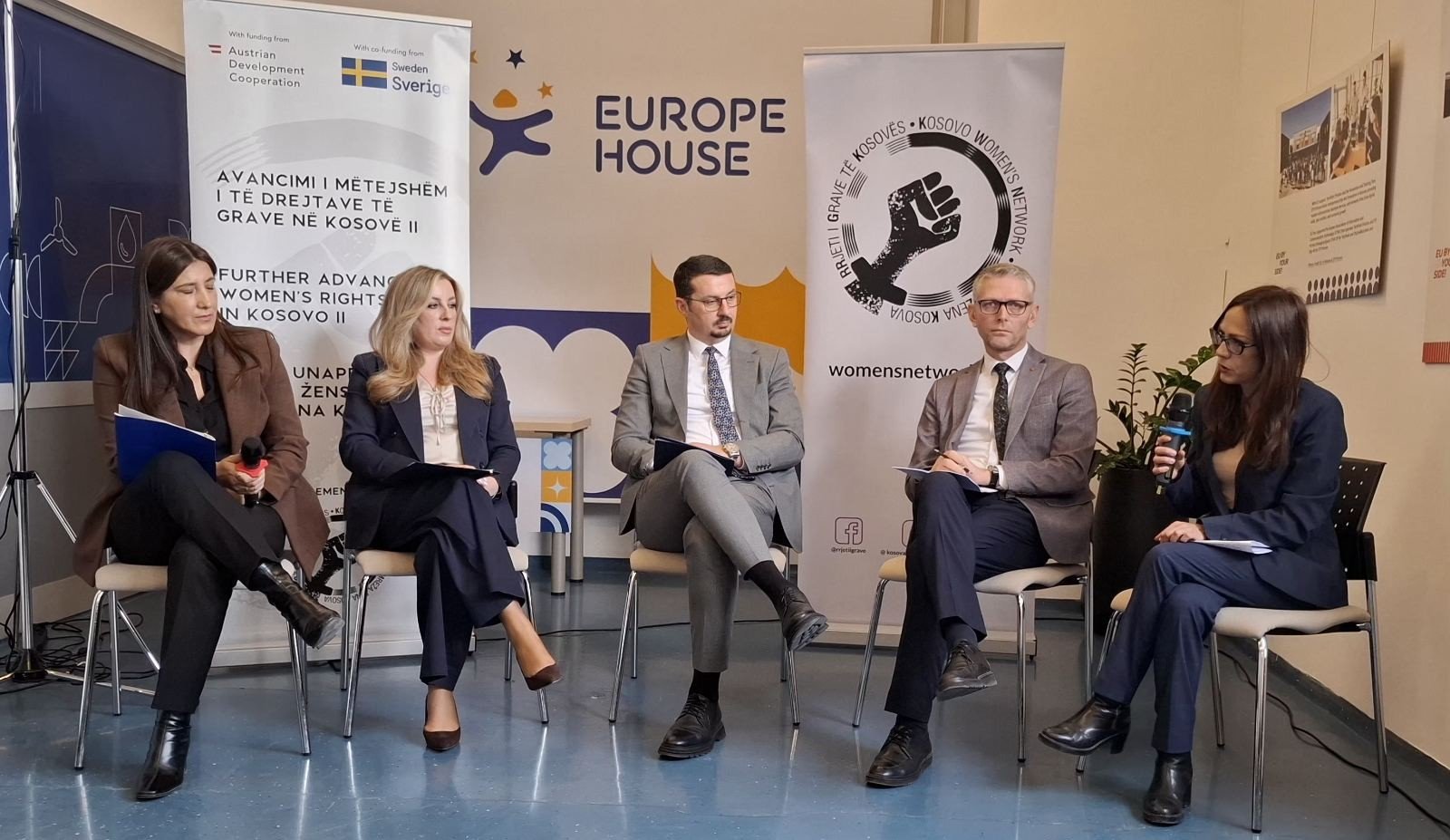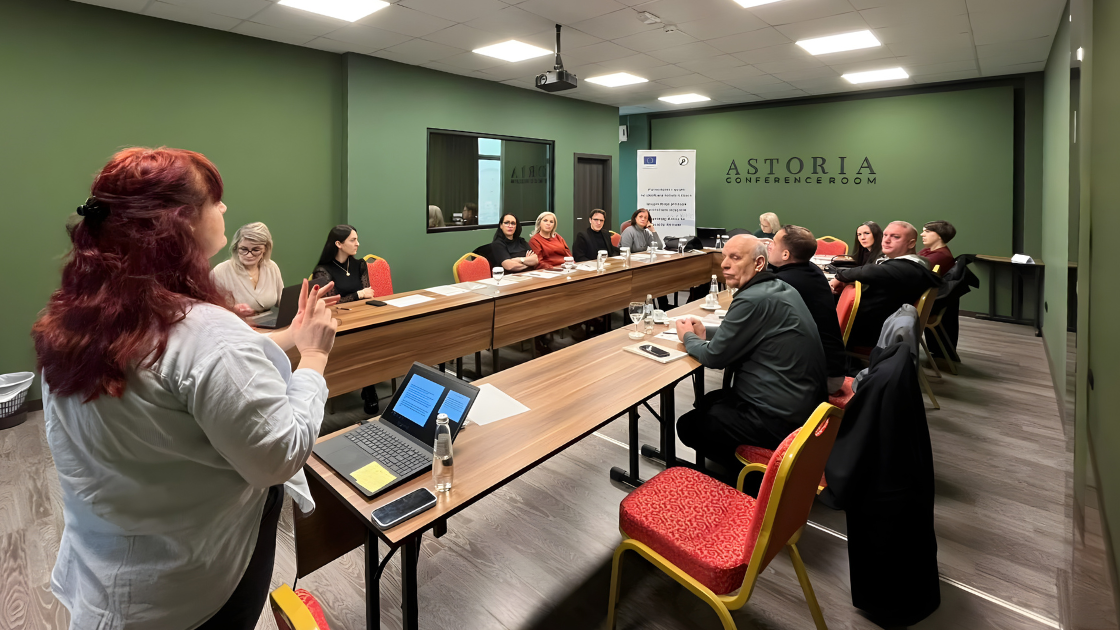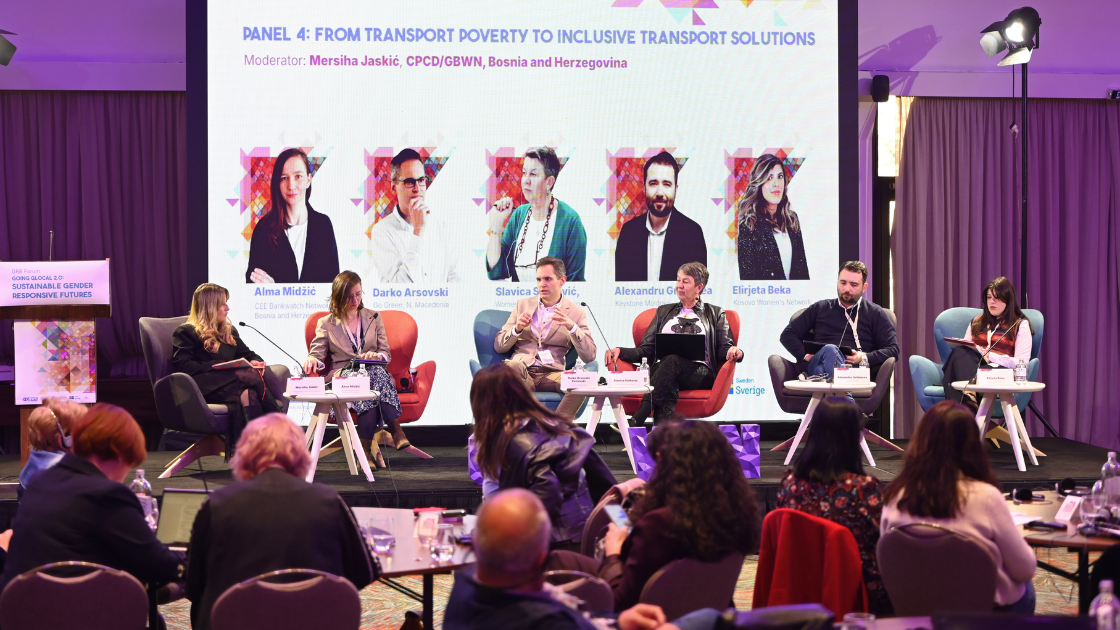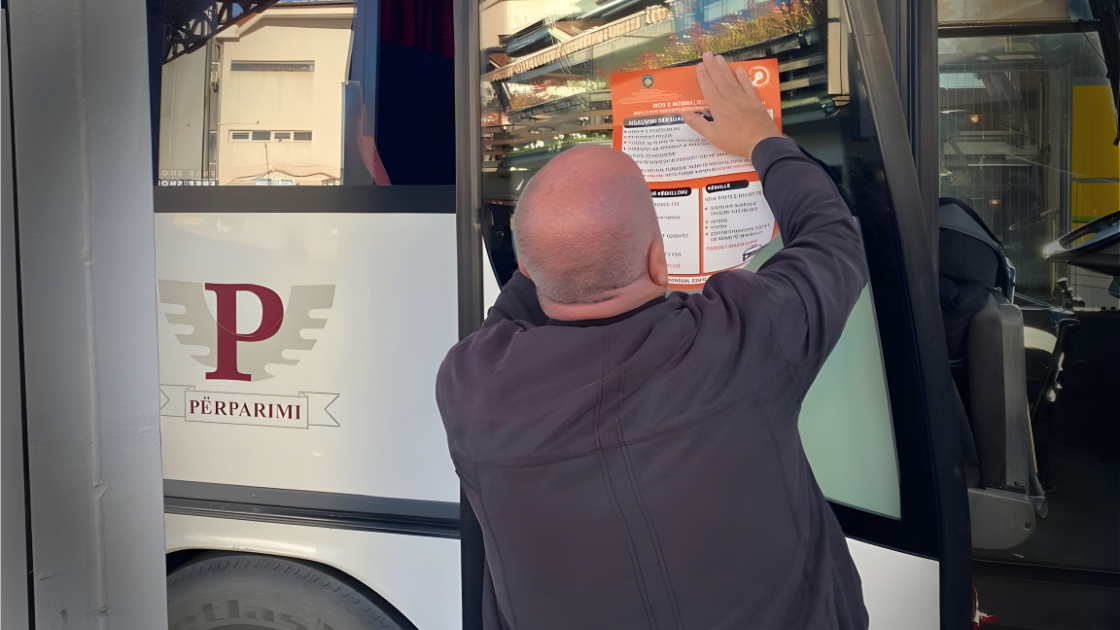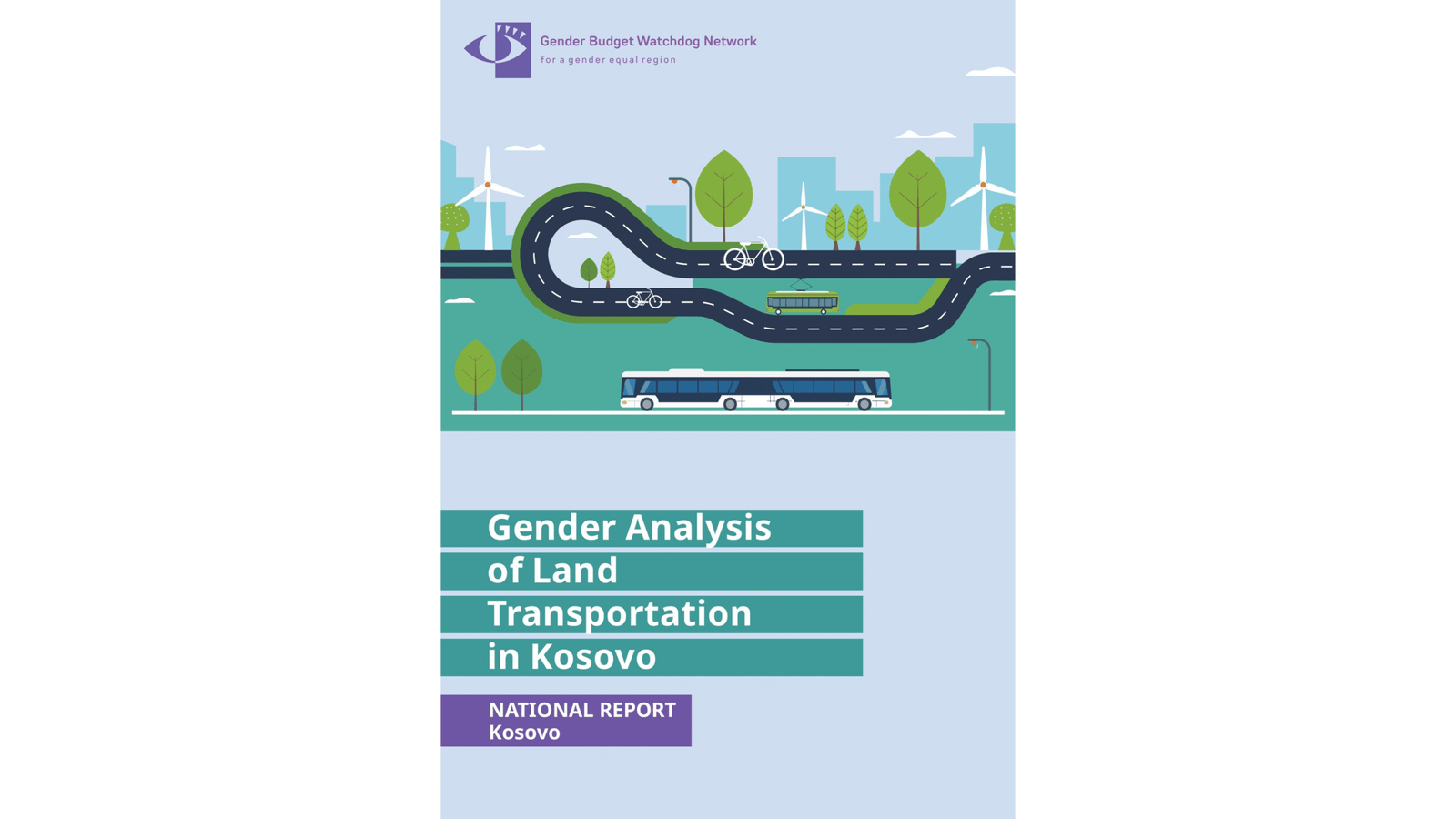The Norma Lawyers’ Association, a member organization of the Kosovo Women’s Network (KWN), has successfully achieved the strategic goals outlined in the project, thanks to the grant received from the Kosovo Women’s Fund through various activities.
- Analysis of free legal aid services for women and girls provided by professional non-governmental organizations in the legal field in the Republic of Kosovo.
- Improving access to justice and the applicability of legislation; and
- Raising awareness and understanding of women’s rights within the laws of Kosovo.
Beneficiaries of the activities implemented by Norma include individuals in need of free legal assistance, specifically vulnerable women and girls, representatives of local and governmental institutions, as well as local and international NGOs.
They were informed about the current state of the realization of women’s right to inheritance. Additionally, women and girls from different communities were educated about property and inheritance rights, along with the legal framework that guarantees equal rights for all.
A total of 264 people have benefited from participating in roundtables, meetings, and workshops. The activities of the Norma association were carried out thanks to the grant obtained in the 18th round of the Kosovo Women’s Fund of the KWN’s core support, financed by the Sigrid Rausing Foundation.


